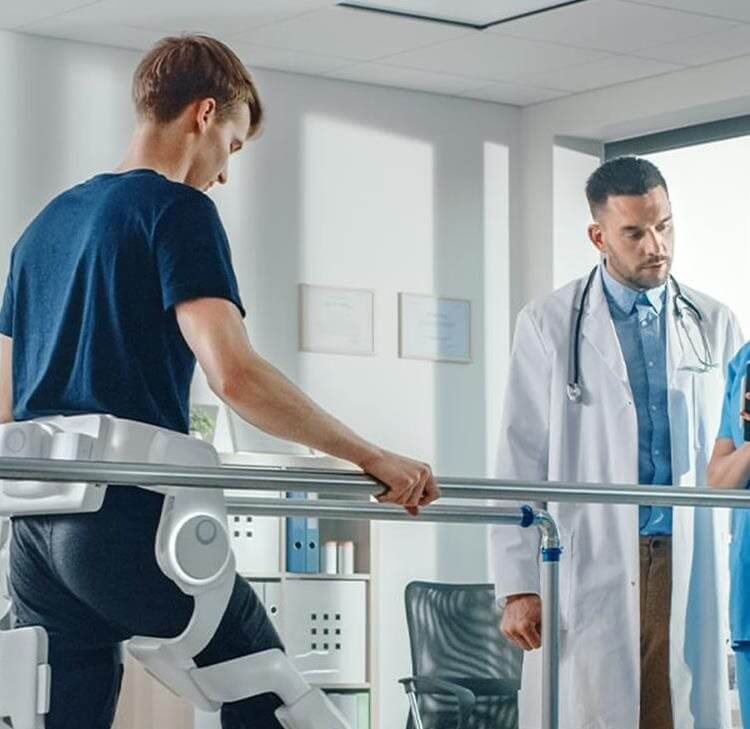Protecting the vulnerable – the Liberty Protection Safeguards
In a little under a year, new legislation will be introduced which will have far reaching implications for providers and commissioners of health and social care.
In a little under a year, new legislation will be introduced which will have far reaching implications for providers and commissioners of health and social care.
At the moment if a person lacks capacity to decide where to live, if they are in a care home or hospital and deprived of their liberty (defined as being ‘under continuous supervision and control and not free to leave’), the Deprivation of Liberty Safeguards (‘DOLS’) should be used – otherwise that deprivation of liberty will be unlawful.
DOLS have long been criticised for being overly bureaucratic and complex, as well as underfunded given the number of people it affects and so after a lengthy consultation, the Liberty Protection Safeguards (‘LPS’) will be introduced on 1 October 2020.
The LPS will apply to those over 16 and as well as care homes and hospitals, will be applicable in supported living or even a person’s own home. To obtain an authorisation will require detailed assessments of:
- a person’s capacity to decide where to live;
- whether the person has a mental disorder; and
- whether the measures in place to keep them safe are ‘necessary and proportionate’.
There are other obligations to ensure proper consultation and representation for the person affected. Responsibility for this is shared more broadly than under DOLS - depending on the setting or method of funding, an NHS Trust, Clinical Commissioning Group or Local Authority could be responsible under the LPS. In certain circumstances, the responsibility for arranging the necessary assessments could fall to the care home itself.
As this burden to assess rests with local authorities at present, health and social care providers and commissioners will have to ask themselves whether they have the necessary expertise and resource to meet their obligations under the LPS.
The LPS offers greater flexibility as well. There are however some concerns that the current scrutiny of the care arrangements under DOLS will be eroded, with independent oversight (from an ‘Approved Mental Capacity Practitioner’) only being available in limited circumstances, such as where the person is objecting to the care arrangements in place.
We will see the nuts and bolts of how LPS will work in practice in Regulations and a Code of Practice, but in the meantime providers and commissioners of health and social care should make themselves aware of the upcoming changes and how it could affect them.
Contact

Mark Barnett
Partner
mark.barnett@brownejacobson.com
+44 (0)330 045 2515






![Contractual liability for all inclusive treatment: Bartolomucci v Circle Health Group Limited [2025]](/getattachment/95f9533b-f99c-4fcc-b8d5-3f93904b8242/shutterstock_1265400856.jpg?variant=HeroImageTabletVariantDefinition)

































